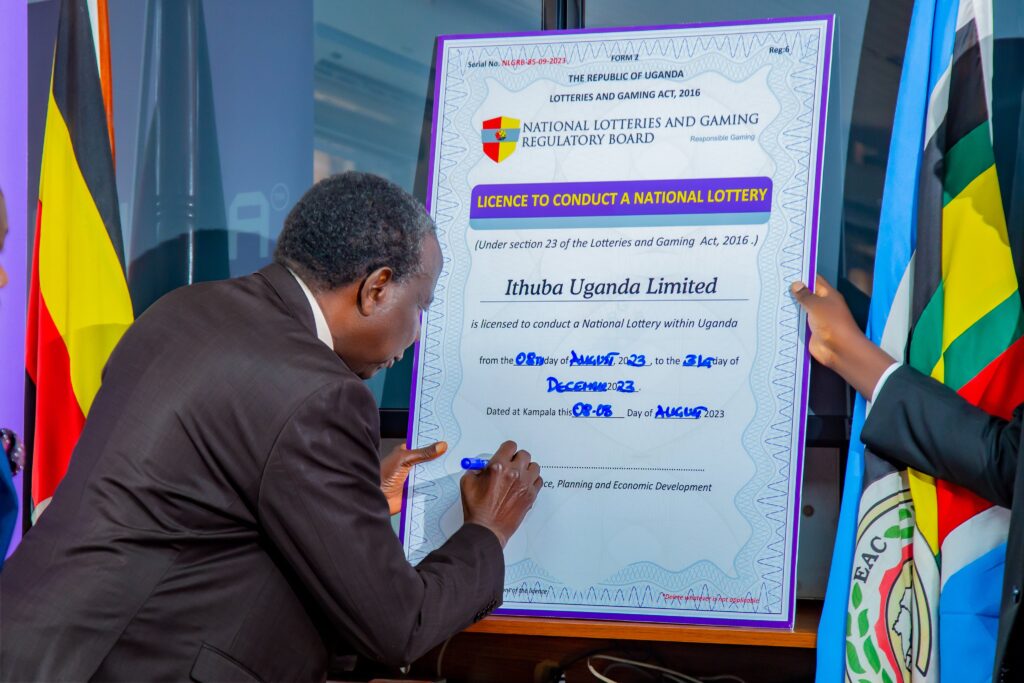
South Africa’s Gambling Crisis: Illegal Operators Dominate the Market
South Africa’s Responsible Gambling Month ended with a stark revelation: the country is grappling with a full-blown illegal online gambling crisis. A new report from Yield Sec, commissioned by the South African Bookmakers Association (SABA), paints a grim picture, revealing that unlicensed operators control a staggering 62% of the Gross Gaming Revenue (GGR) for the 2023/24 fiscal year. This isn’t just a financial problem; it’s a societal one, impacting vulnerable individuals and undermining responsible gambling initiatives.
The numbers are alarming. Yield Sec identified 2,084 illegal gambling operators and 1,134 affiliates actively targeting South African players. A shocking 27% of South Africans – approximately 16.3 million people – engaged with these illegal platforms. This equates to a massive black market fueled by exploitation and a lack of regulation.
The report highlights the disturbing trend of “Vulnerability Victimisation,” where illegal operators actively target self-excluded players, undermining programs designed to help those struggling with gambling addiction. This brazen disregard for responsible gambling initiatives casts a dark shadow over the industry.
The dominance of illegal operators extends beyond revenue. Of the top ten online gambling operators in South Africa, only three hold local licenses, with a single licensed operator even making it into the top three. This imbalance significantly impacts the legal market’s ability to contribute to communities and fund responsible gambling programs.
Sean Coleman, SABA’s CEO, aptly describes the situation as a “pandemic,” calling for urgent government intervention. He advocates for measures like geo-blocking and payment restrictions to curb money flow to these illicit operators.
Ismail Vali, CEO of Yield Sec, emphasizes the far-reaching consequences: “This is not just a player protection issue, but a societal one,” he stated. “Illegal operators siphon revenue from the legal market, weakening its ability to support communities and safeguard players.”
The report’s forthcoming deeper analysis of self-exclusion exploitation promises further to expose the devastating impact of this illegal gambling epidemic. The urgent need for collaborative action among legal stakeholders is undeniable; South Africa must address this crisis to create a safe, sustainable, and ethical gambling environment for all.
Source: Yield Sec
